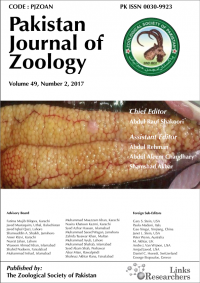ABSTRACT
The present study aimed to assess the association of various demographic and dietary factors with the nutritional status of Pakistani celiac patients. For this purpose 50 diagnosed celiac patients were selected from Shaikh Zayed Medical Complex and Mayo Hospital, Lahore. Nutritional assessment was carried out through anthropometric, biochemical and dietary evaluation of the participants. Results indicated that participants aged less than 18 years and those diagnosed within first year of life, had significantly healthier body dimensions. Higher family income, female gender and greater meal satisfaction was found to be associated with better biochemical indices. Most participants reported partial compliance to GFD. Compliant participants reported an increased consumption of junk food whereas, non-compliant patients, consumed significantly higher intakes of meat and fat. Regular intake of carbonated beverages, packaged juices and tea by the participants was associated with poor anthropometric measurements. Contrary to the study hypothesis, increased compliance to GFD and other demographic and dietary factors were not found to be associated with improved nutritional status of the study participants. Results of the present study clearly indicated that the nutritional status of celiac patients could not be predicted exclusively on the factors identified for the normal population. These findings call for an integrated interventional approach for the dietary management of celiac patients. Focusing on detailed nutrition education along with ensuring the availability of healthy and affordable gluten free choices, instead of merely emphasizing on compliance to gluten free diet, may ensure good nutritional status of Pakistani celiac patients.
To share on other social networks, click on any
share button. What are these?









